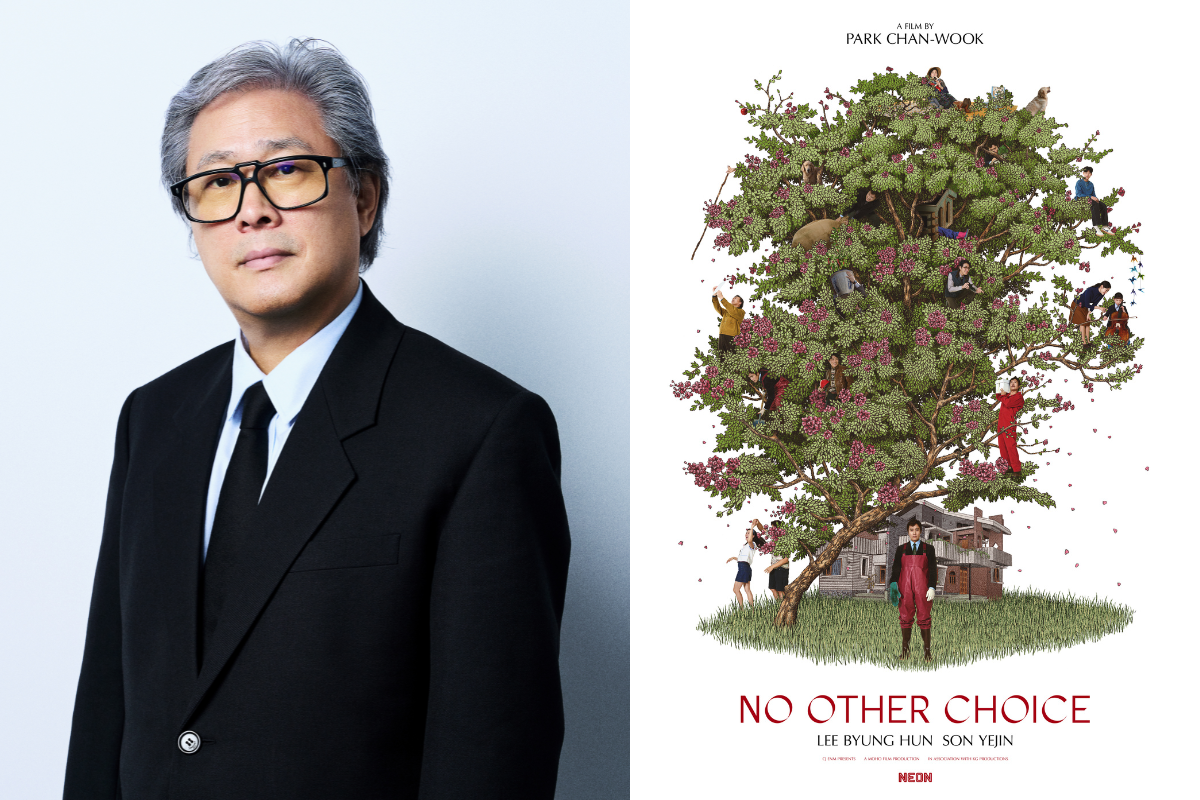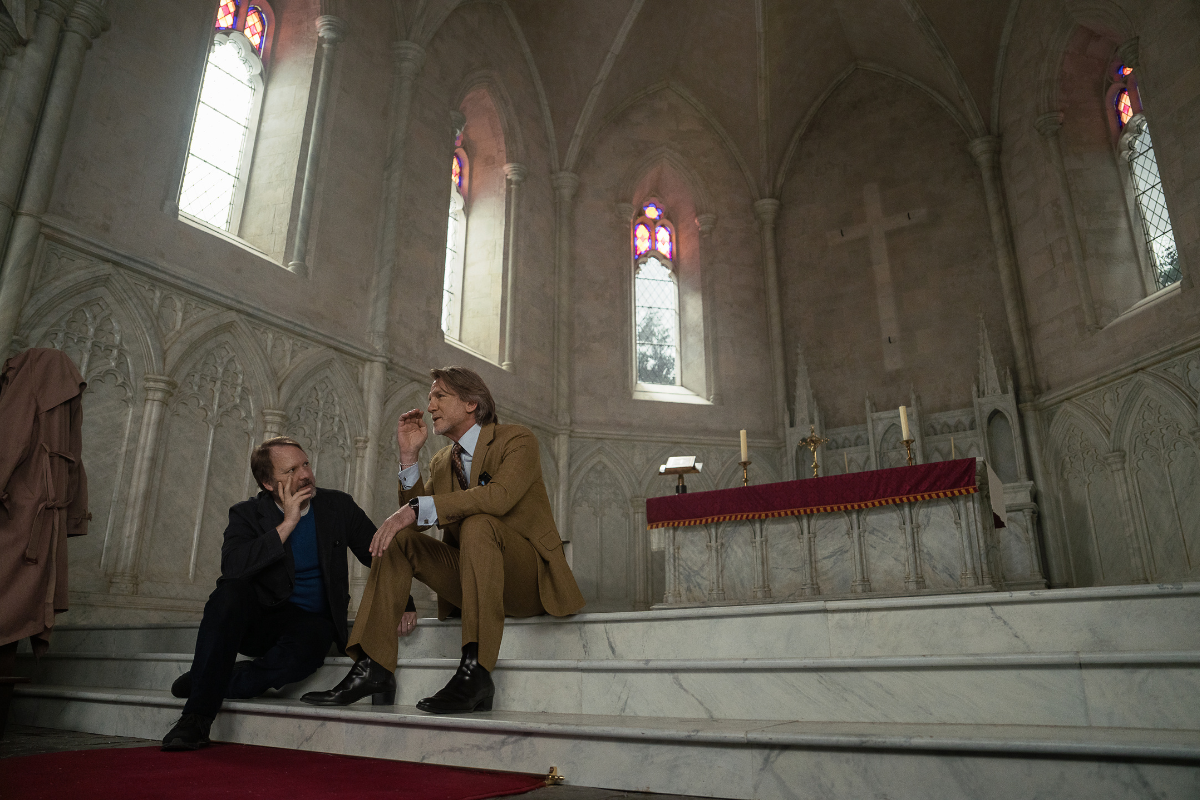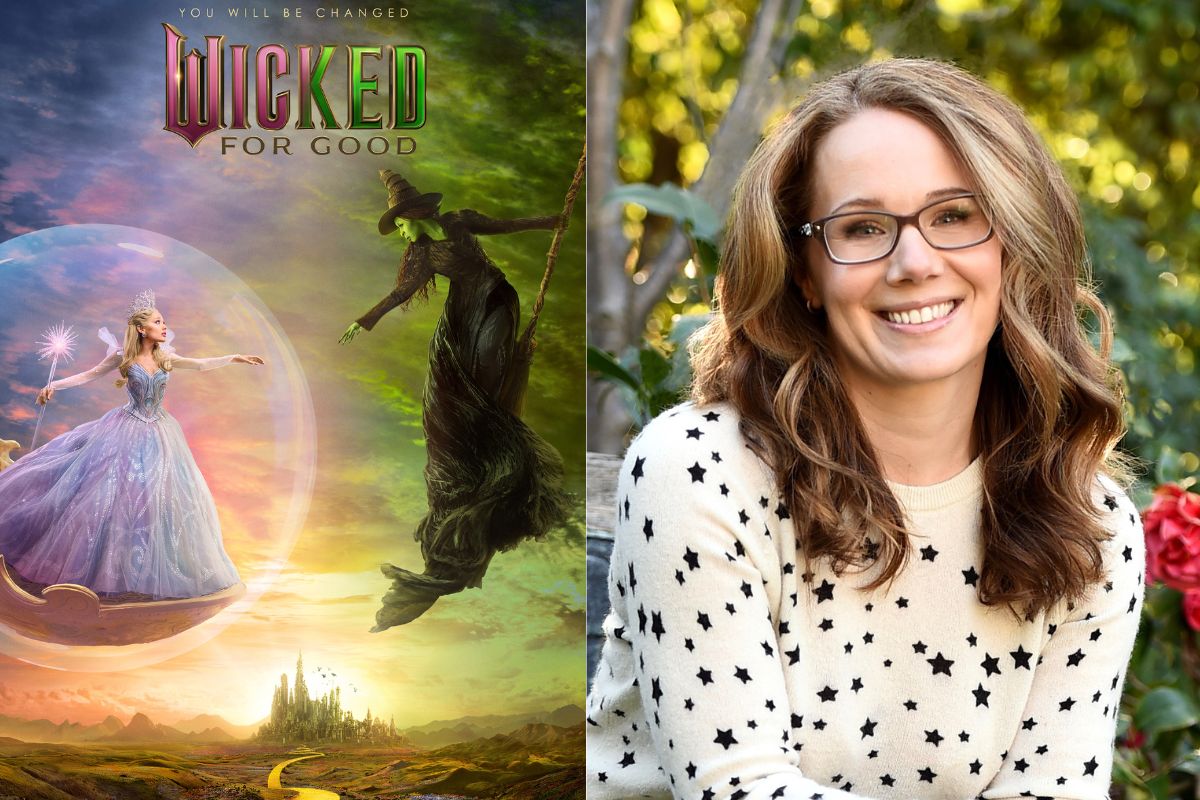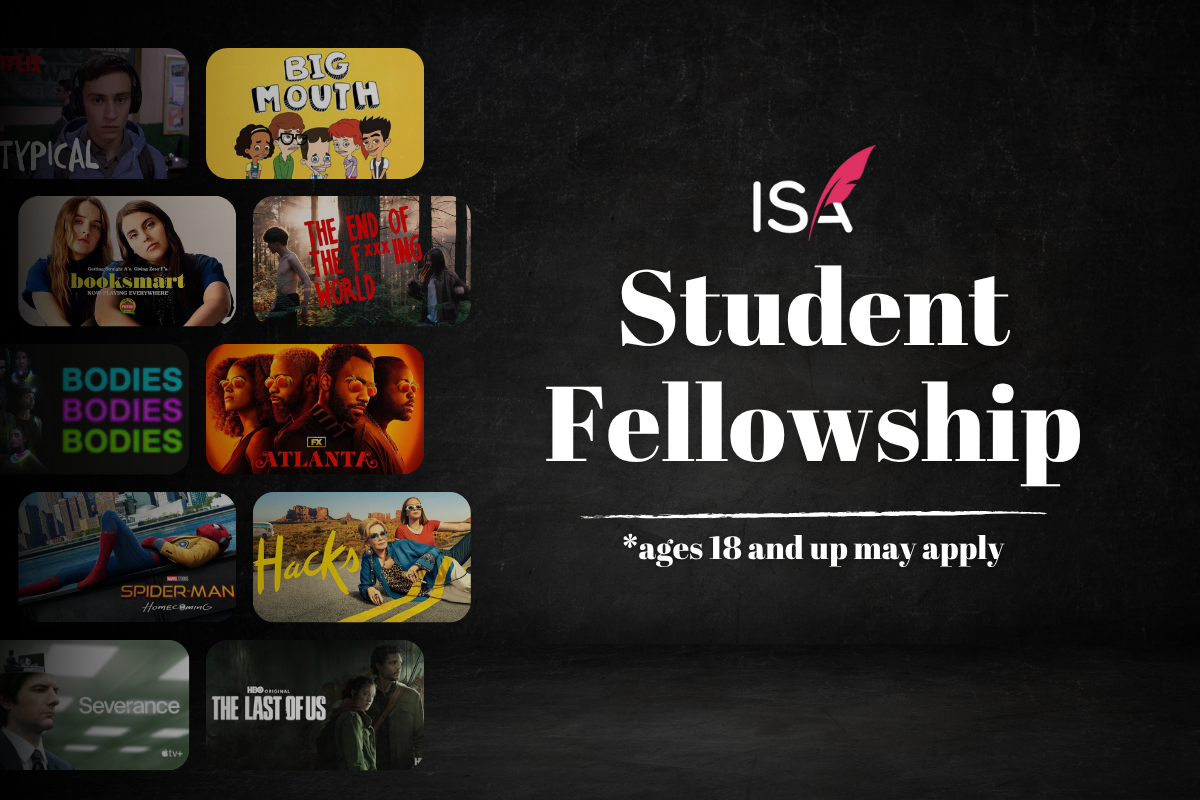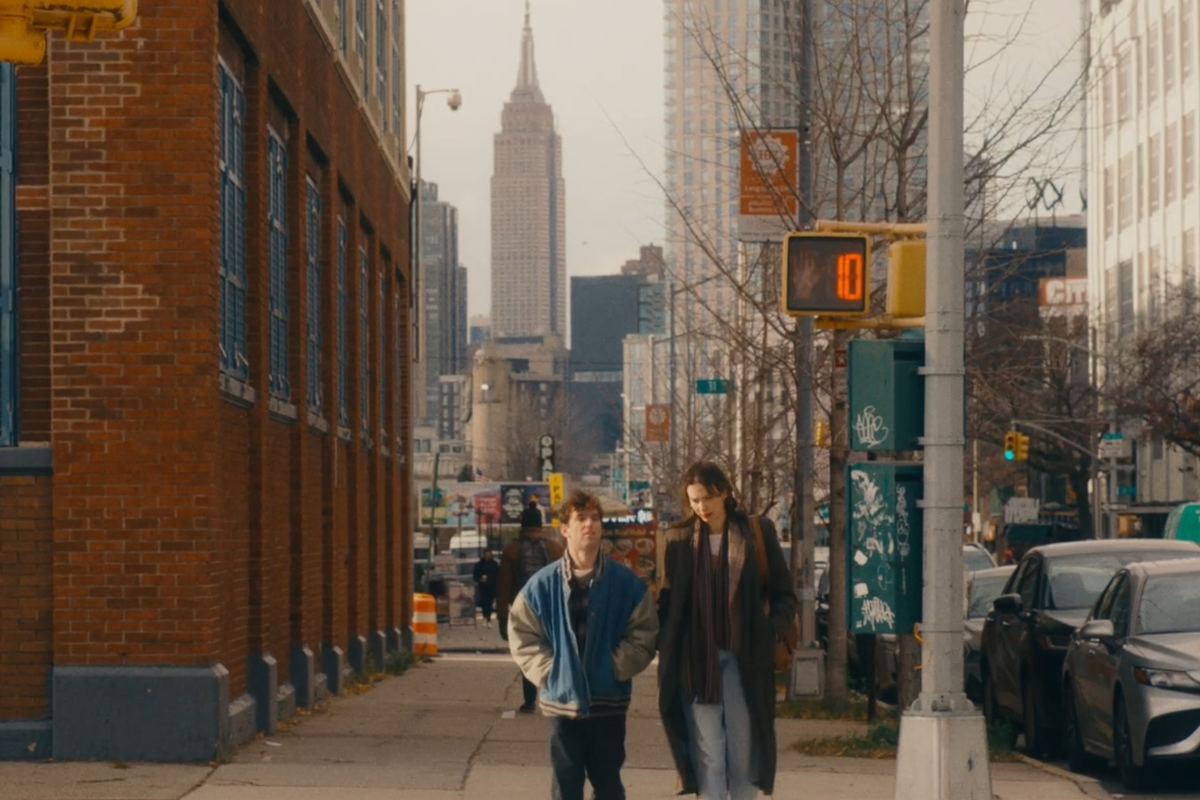Interview: Robert Mark Kamen
Screenwriter Robert Mark Kamen is a true Hollywood veteran. He earned his first onscreen credit in 1981 for his work on Taps, wrote the three Karate Kid films, and authored…
Screenwriter Robert Mark Kamen is a true Hollywood veteran. He earned his first onscreen credit in 1981 for his work on Taps, wrote the three Karate Kid films, and authored or co-authored the screenplays for Gladiator (1992), The Power of One, A Walk in the Clouds, and Lethal Weapon 3. He also spent time as what he humorously calls a "script assassin" at Warner Bros., doing uncredited rewrites on all of their biggest films (he calls himself an assassin because "I'd rewrite all the stuff going into production and I'd just destroy everybody's work").
Since the late 1990s, however, the New York-based Kamen has worked primarily for the French producer-director Luc Besson (La Femme Nikita), writing scripts for films that Besson has either directed or produced, including The Fifth Element, The Transporter series, and this year's smash hit Taken. In a recent interview with Script, Kamen discussed how he and Besson began working together and what the relationship has meant to his career.
"This all started was 15 years ago, when I was the script assassin at Warners and Luc came in with what became The Fifth Element, which was a complete mess. And he and I met and I told him what was wrong with it and he hated me because he was a French auteur, and how can the French auteur ever be wrong? If he had a thought it was a good thought because he had the thought. But then a week later he called me up because -- and this is what differentiates Luc from all the rest -- he knows what's best for the project and doesn't let his ego, which is exceptionally huge, get in the way."
The two collaborated on the screenplays for Besson's films Leon: The Professional and The Fifth Element. Then, three years later, Besson came to Kamen with an intriguing offer.
"He said he wanted to become the biggest producer of film in Europe and what he needed was to do these kind of low- impact action films for between 18 and 25 million bucks that he would finance, and they would be the backbone of the company ... He's an amazing man. He's amazing, just amazing. Besides being a visionary director, he just has all these crazy ideas and dreams. And he doesn't believe that he can't accomplish anything. He's like an American."
Besson wanted Kamen to help him write the action films that would form the basis of his proposed empire. Kamen was receptive to Besson's offer –- both because of his admiration for Besson and because he was burning out on Hollywood.
"The good news about the studio world is that they pay a lot of dough. The bad news about the studio world is that they just murder you. You're always looking over your shoulder 'cause you don't know their agenda and at any given moment. You're going to be rewritten and you just know it. At any given moment. You might even have somebody writing behind you and you don't even know it. I mean, I've done that to people. I've been writing while they're writing and they think they're writing and I'm actually writing the movie. I've been doing this now for about 30 years, 31 years, and with the studios it just got harder and harder. There are guys that are resilient, God bless 'em, but I just ran out of steam."
With Besson, however, there's no game-playing or alternate drafts shrouded in secrecy.
"Luc's like 'Okay Robert, we're making this movie. Let's sit down and figure it out.' And we sit down for four or five days and figure out the movie. I go away and write. He edits the draft. I go away and rewrite. He edits the draft and then we make the movie. And you don't have to wait for the guy who says yes -- he's the guy who says yes. Or oui as the case may be. So it's really great and I wouldn't trade it for anything."
A veteran of the grueling Hollywood development process -- in which most scripts are rewritten and rewritten and rewritten and then never made -- Kamen finds Besson's direct approach refreshing.
"I work constantly and I don't have to listen to 17 different voices. I don't have to go through the mill of development, which kills you, and I don't have to work with capricious directors who never make what they develop … and I don't have to deal with temperamental producers. I have the guy who's going to tell me what the script needs and doesn't need, I have the producer, I have the director, an I have the financer [in one person]. It's like Alan Horn calls you up and says 'Listen, I want to make movies with you and I'm going to make everything you write.' And that's what I have. Except that Alan Horn doesn't have any talent and Luc is a wildly talented director."
To employ Kamen, Besson became a signatory to the WGA Minimum Basic Agreement and pays him fees that are appropriate to a top-flight writer of Kamen's stature. For Besson, becoming a signatory was worth any expense because he knew Kamen would bring an American style and sensibility to his films.
"Luc loves American movies. And he loves these action movies and he loves violence and what he loves is the visuals. That's his thing. The cinema du Luc. I mean, it's … I can't even describe it. He has a cinematic vision that I will never, never possess. He just sees things. Of course he doesn't have a great idea about structure or character or anything, but he sees things. And what I bring to the table is my innate ability to translate this into structure and character and stuff and so we're a perfect matching."
Given the success of the films they've done together, the working relationship between Kamen and Besson looks to continue for a long time to come ("Taken 2 is a foregone conclusion and probably Taken 3 … and we have two more in the pipeline"), which suits Kamen just fine, because in addition to developing a strong professional connection, the two have forged a strong personal bond as well.
"We're best friends. He just had his 50th birthday and he toasted to me and he said 'I've spent more time in hotel rooms alone with you than even with my wife.'"
Ray Morton is a writer and script consultant. His books Close Encounters of the Third Kind: The Making of Steven Spielberg's Classic Film and King Kong: The History of a Movie Icon from Fay Wray to Peter Jackson are available in stores and online. He analyzes screenplays for production companies, producers, and individual writers. Morton is available for consultation and can be reached at ray@raymorton.com.
Ray Morton is a writer and script consultant. His many books, including A Quick Guide to Screenwriting, are available online and in bookstores. Morton analyzes screenplays for production companies, producers, and individual writers. He can be reached at ray@raymorton.com. Twitter: RayMorton1


